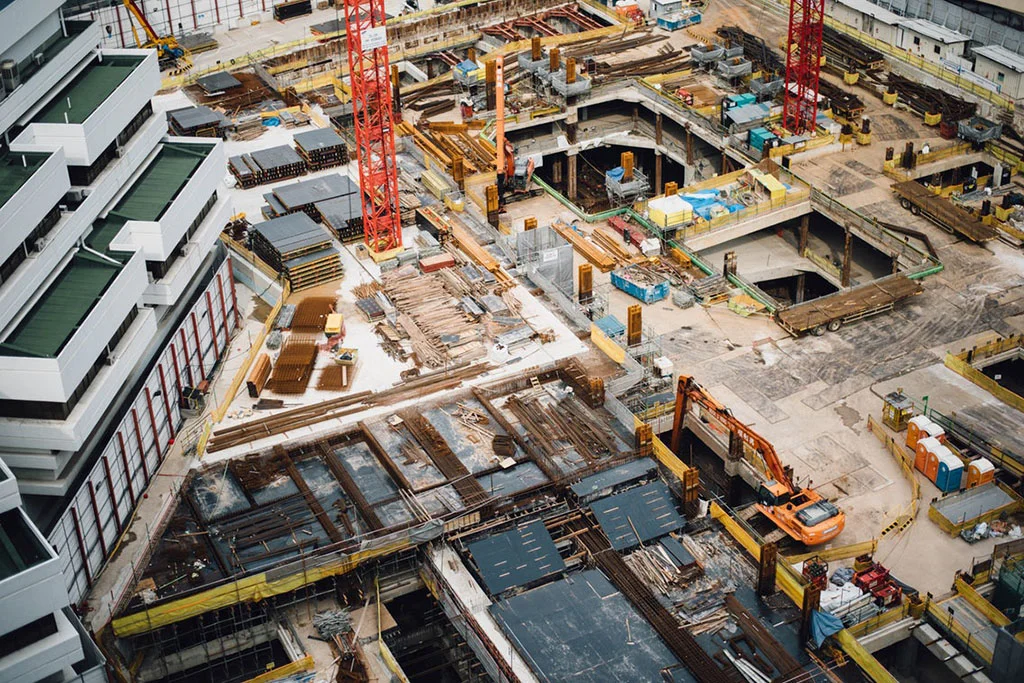Hayes Law has the experience and knowledge to guide you through the complicated landscape of construction defects and liabilities in the state of South Carolina.
Construction Defects Handled by Hayes Law:
- Water intrusion and leaking buildings
- Window problems
- Roof and building issues
- Electrical problems
- Siding issues, including: cementation, wood, vinyl
- Masonry / brick / stucco failures
- Structural failures
- Air infiltration
- Pavement and cement moisture infiltration issues
- Problems with heating, ventilation, air-conditioning systems, and PTAC units
- Contractor fraud and over-billing
- Air and moisture infiltration
- Mold
- Termites
Construction Defect FAQs
My contractor/developer/builder did a bad job and won’t return my calls. What should I do?
If you are dissatisfied with the service of your contractor, developer, or builder, and his or her negligence has led to serious issues, it is in your best interest to speak with a lawyer. Because construction defect laws have time limits, minor problems can quickly became major problems, and lawsuits can take some time to put together, Hayes Law advises speaking to a lawyer earlier in the discovery process, rather than later when options may be more limited.
My contractor/developer/builder says my issues are not covered by my written warranty and the time to make a claim under that warranty is expired. What should I do?
Builders and developers may be looking at the problem through a lens of self-interest. Warranties as they relate to construction defects are complicated and vary state by state. A lawyer experienced in the field of construction law can advise you on the best course of action after thoroughly reviewing the warranty and case law.
Do I have a case against the contractor/developer/builder of my home even if I am not the original home owner?
In many states, including South Carolina, the subsequent purchaser of a home has a potential cause of action against the contractor, subcontractor, developer, builder, and/or seller. In most cases you still have the opportunity to take legal action.
If I own an apartment in a townhome or a condominium in a development, who should bring a claim for construction defects within my home?
The exact organization that can sue (individual versus association or group) has to do with what structure has been damaged, what kind of damages they are, and what needs to happen to make sure that the damage is fixed and does not return. Contracts and association governing documents such as the HOA covenant and/or bylaws need to be reviewed in order to get the clearest picture. It may be better to file suit as a group when the incident is not isolated and affects multiple units or affects a structure that all owners use and have access to. The HOA represents the interests of all the owners. Whether the association is still controlled by the builder-developer, or the HOA has been turned over to the home owners, it is recommended that a lawyer fully analyze the case due to complicated issues that may arise under the circumstances.
The contractor/developer/builder/construction company that built my home is bankrupt or no longer in business. What are my options?
You may have the same options as when your developer/builder/construction company was still in business. Their respective insurance carriers may defend and pay any settlement or judgment. Hayes Law has had many claims paid for bankrupt and/or dissolved companies for its clients.
What should I do if my contractor/developer/builder offers to fix the defect if our board signs a waiver?
This depends on the extent of the defects, the builder, and any extenuating circumstances that may impede the implementation of the proposed work. It is recommended that you involve an experienced construction defect lawyer to guide you in the potential pitfalls and complex agreements.
How long do I have to file a construction defect lawsuit in South Carolina?
The statute of limitations depends on several factors. Generally, the shortest time limit is three years from the date the defect is discovered, or should have been discovered, however you may have up to 13 years to file a claim depending on the circumstances. Contact Hayes Law to determine timing for your construction defect issues.
How much will a lawsuit cost?
A lawsuit depends on a number of factors: how many parties are a part of the suit, the nature of the suit, and severity of the damages. Some lawsuits can settle early on, and some go to trial. Hayes Law can walk you through the specifics of your case and detail the
potential costs you may incur as the result of a lawsuit.
Do you suspect any of these issues are at play within your residence or community?
We are equipped to assist individual homeowners, and residents of neighborhoods, condominiums, townhomes, or homeowner associations in the navigation of South Carolina construction defect laws.

